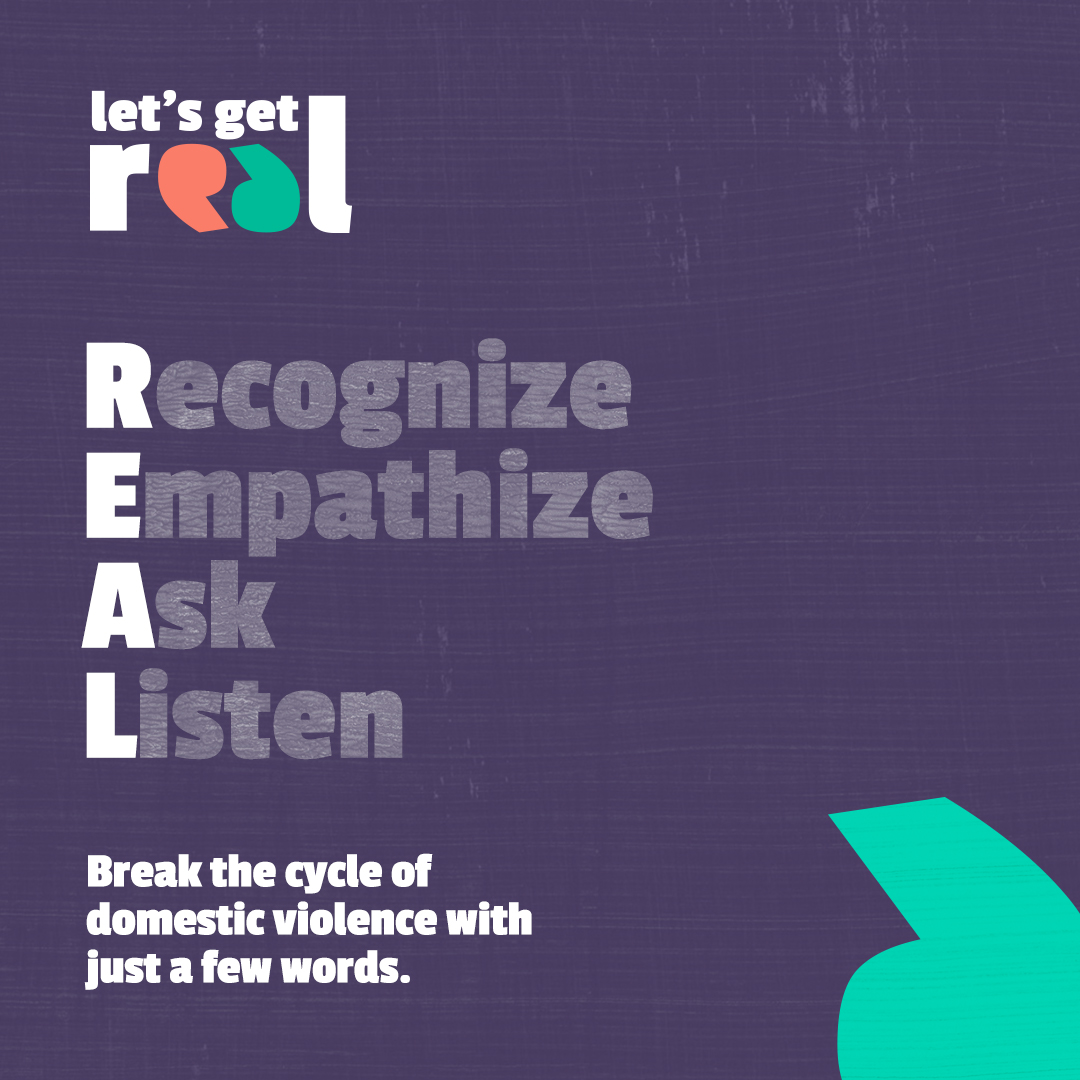
When is exerting control part of the give-and-take of a relationship, and when is it abuse? Is wanting your partner to let you know where they are at all times, or insisting on a strict budget, domestic violence?
If it is a pattern of behaviour used to regulate and dominate another person’s daily life, it may be. It’s called coercive control, and it is a common and harmful form of abuse.
“Coercive control seeks to strip away a person’s freedom and their sense of self,” says Andrea Silverstone, CEO, Sagesse Domestic Violence Prevention Society.
“The person using violence creates a world in which the person experiencing abuse is constantly monitored and criticized; their every move is checked against an unpredictable, ever-changing, unknowable rulebook.”
Coercive control can take many forms, including verbal, sexual, psychological, spiritual or financial. Everyone’s experience with domestic violence is unique, but the use of abusive behaviours are ways in which one person is trying to control or exploit another.
Coercive control is common, with as many as nine out of ten abuse survivors reporting experiencing it. Conversely, as little as six percent of women require shelter from the violence and just under 31 percent of victims report experiencing physical injuries.
While coercive controlling acts may be hard to spot and low level, their repetition over time causes serious harm. But without legislation in place, the Justice system is not viewed by many victims and victim’s advocates as a tool to address domestic violence in society. This is evidenced by high attrition rates (when cases fall out of the justice system), sentencing data and low conviction rates in cases of domestic violence. It is also demonstrated through the fact that less than 25 percent of victims of domestic violence report the violence to the police.
“Relationships with coercive control have more frequent and severe violence that is less likely to stop. Coercive control is one of the best indicators of lethality. If police and the justice system can address coercive control criminally, it will allow them to prevent the escalation of domestic violence,” says Silverstone.
This reality has been recognized with legislation criminalizing coercive controlling behaviour, first in England and Wales, followed by Ireland and Scotland and some U.S. states. And soon, Canada may follow suit.
In October 2020, Randall Garrison, NDP Critic for Justice and the MP for Esquimalt-Saanich-Sooke, introduced a private member’s bill in the House of Commons with the goal of making coercive controlling behaviours in an intimate relationship a criminal offence. Garrison’s bill has inspired the Standing Committee on Justice and Human Rights to conduct a study on controlling or coercive conduct within intimate relationships. The study will look at the proposed creation of a new criminal offence of controlling or coercive conduct as outlined in Garrison’s Private Member’s Bill C-247. The findings will be reported to the House of Commons upon completion of the study.
On February 4, Andrea Silverstone spoke to the Committee, advocating for the new legislation.
“Support for criminalizing coercive control is at a tipping point, with advocates from the social sector, academia, police and every political party stepping forward to show their support,” says Silverstone.
“Including coercive control as a criminal offence is a game changer. It will change how society views domestic violence. Putting on the lens of coercive control will allow all Canadians to understand that violence is much more than a black eye, and that people stay in violent relationships because of the loss of personal agency. It will destigmatize domestic violence allowing us as a society to do a better job of addressing the violence.”
While getting a law on the books is an important step, a public discourse about coercive control is a must.
“People who experience coercive control themselves, or see it used by friends or family, may not identify the relationship as abusive. Because it’s non-violent, we make excuses.” says Silverstone.
“On top of that, people in abusive relationship may doubt themselves and their abilities, so they see the loss of freedom in their daily lives as the best thing for the relationship, or for their own good.”
 To help people identify and understand coercive control and the impact it has, Sagesse launched the REAL Talk campaign in 2019. Through the campaign, Sagesse provides resources and workshops to help participants recognize domestic violence and develop comfort in talking about it. And once we start talking about coercive control, we’ll be closer to eradicating it.
To help people identify and understand coercive control and the impact it has, Sagesse launched the REAL Talk campaign in 2019. Through the campaign, Sagesse provides resources and workshops to help participants recognize domestic violence and develop comfort in talking about it. And once we start talking about coercive control, we’ll be closer to eradicating it.
“If we can recognize and talk about coercive control, we’re more likely to make a change in our own relationships or behaviours, or be a positive support for our friends, family and co-workers experiencing it.”
While you’re talking about coercive control with people you know, you can also share your support for the criminalization of coercive control with your Member of Parliament.
Research